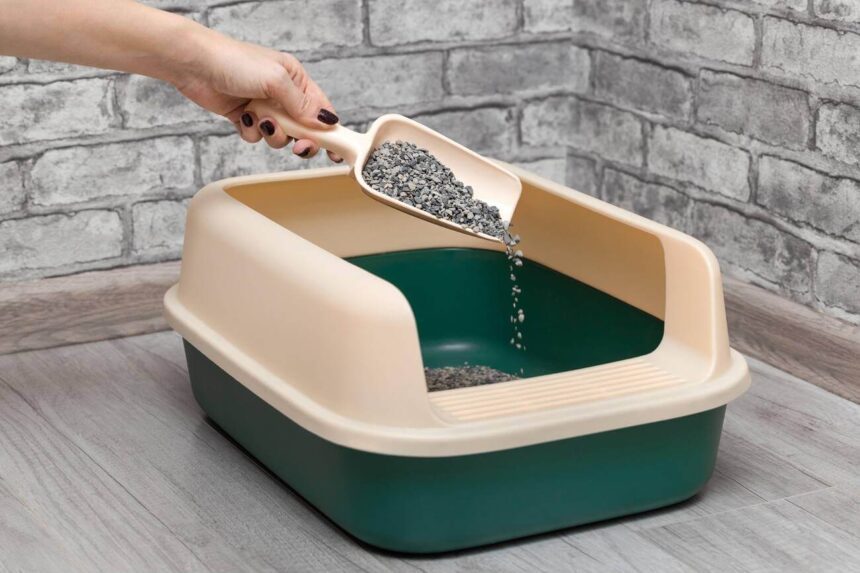If you’re like me, you’ve probably pondered about the environmental impact of all that cat litter piling up. Does cat litter decompose? This question has crossed the minds of many cat parent, and today, we’re diving deep to find some answers. Buckle up, and let’s explore this littered landscape together!
The Decomposition Process
Understanding whether cat litter decomposes starts with grasping the basic concept of decomposition. Organic materials like food scraps or leaves break down naturally over time, thanks to microorganisms. This process turns them into nutrient-rich soil. However, cat litter isn’t exactly food scraps or leaves. It’s a bit more complex.
Factors Influencing Decomposition
Several factors come into play when we talk about decomposition, especially for cat litter. These include the type of litter, environmental conditions, and the presence of microorganisms that help break it down.
- Type of Litter: Not all cat litters are created equal. Some are made from natural materials like wood, corn, or paper, while others are clay-based or silica gel-based.
- Environmental Conditions: Temperature, moisture, and the presence of oxygen can significantly impact how quickly cat litter breaks down.
- Microorganisms: Bacteria and fungi play a huge role in decomposing organic matter. The more of these little helpers you have, the faster the decomposition process.
Does Cat Litter Decompose?
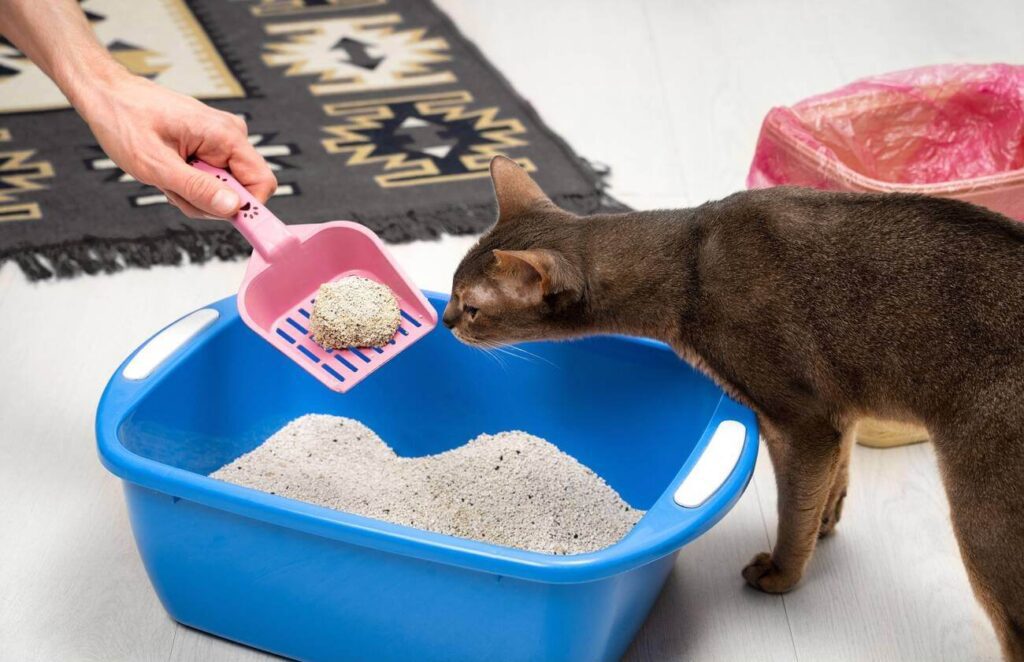
So, does cat litter decompose? The short answer is yes, but it heavily depends on the type of litter you’re using. Let’s break it down further:
Natural and Biodegradable Litter
Litters made from materials like wood, corn, and paper are more likely to decompose. These natural components break down over time, much like any other organic matter. In the right conditions, this type of litter can decompose in a matter of months to a year. Pretty cool, right?
Clay-Based Litter
Clay-based litters, on the other hand, are a whole different ball game. These are made from minerals that don’t break down easily. In fact, clay litter can take centuries to decompose fully. Imagine all that litter sitting in landfills for generations. Yikes!
Silica Gel-Based Litter
Silica gel-based litters are another popular option due to their excellent absorption capabilities. However, similar to clay, they don’t decompose easily. They might break down eventually, but we’re talking a very long time here.
How Long Does Cat Litter Take To Decompose?
The decomposition timeline for cat litter varies based on the type.
- Natural Litters: As mentioned, litters made from wood, corn, or paper can decompose in a few months to a year. This is because they are composed of materials that microorganisms love to munch on.
- Clay-Based Litters: These can take hundreds to thousands of years to decompose. They’re made from bentonite clay, which is not biodegradable.
- Silica Gel Litters: These might take a very long time to break down as well, though exact timelines can be hard to pin down.
Can and Should You Bury Used Cat Litter?
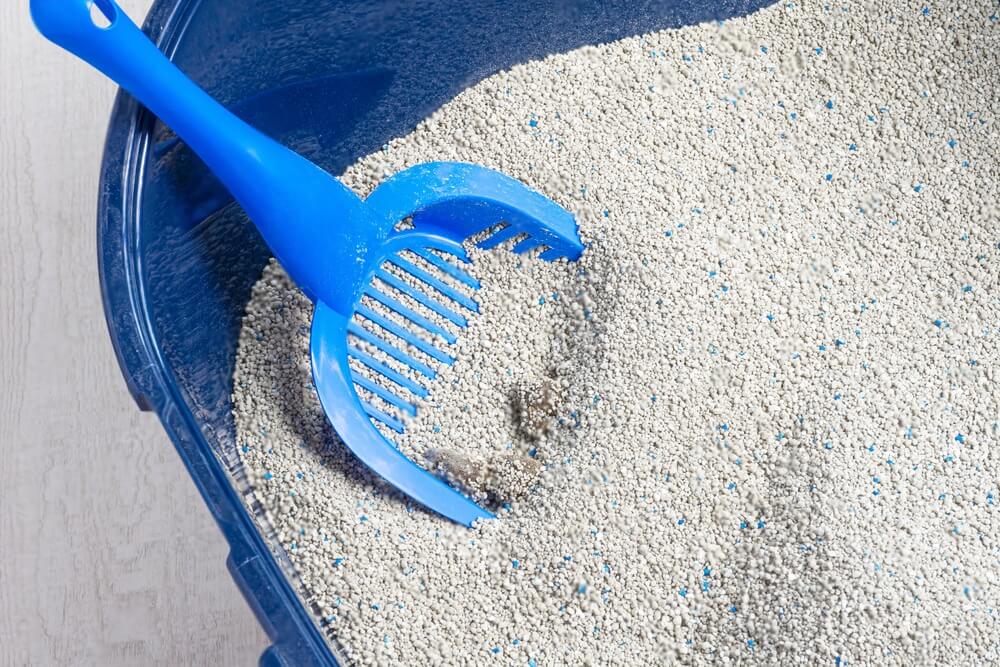
Now, what about burying used cat litter? It seems like a natural way to dispose of organic waste, right? Well, it depends.
Biodegradable Litter
If you’re using biodegradable litter, burying it in your backyard might be a feasible option. But there’s a catch. Cat waste can contain harmful bacteria and parasites, like Toxoplasma gondii, which can contaminate the soil and water sources. So, while the litter itself might break down, the waste poses a risk.
Clay-Based and Silica Litters
For clay-based and silica litters, burying is not recommended. These litters take forever to decompose and can potentially harm the environment by leaching chemicals into the soil.
The Best Ways to Dispose of Cat Litter
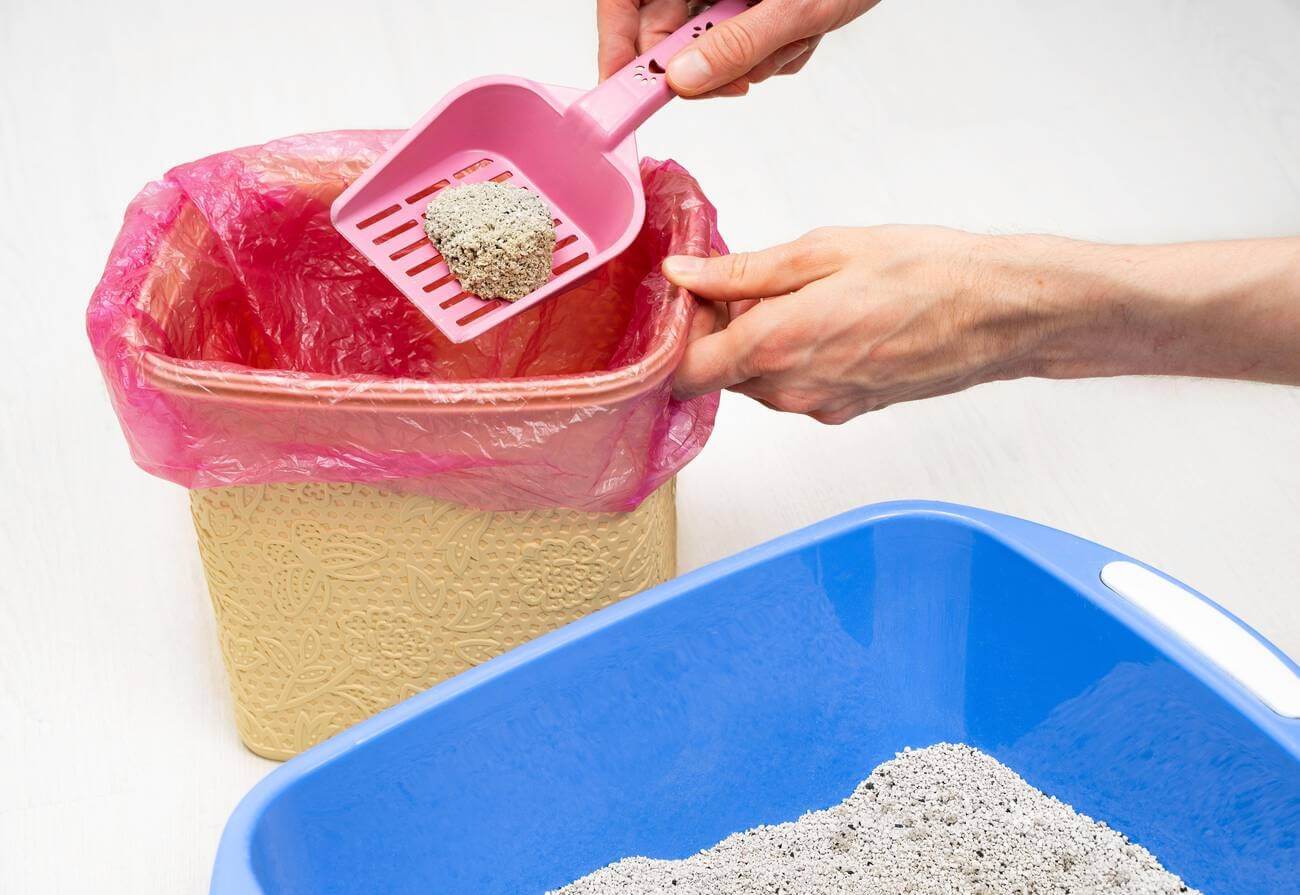
So, what’s the best way to dispose of cat litter? Here are some options:
Bag and Trash
The most straightforward method is to scoop the used litter into a bag, tie it up securely, and toss it in the trash. This method works for all types of litter. If you want to be a bit more eco-friendly, opt for biodegradable bags to reduce plastic waste.
Flushable Litters
Some litters are designed to be flushable. These are typically made from natural materials that break down in water. However, not all plumbing systems can handle flushable litter, so proceed with caution. Always check the manufacturer’s instructions and ensure your plumbing can cope with it.
Composting
For the eco-conscious cat owners out there, composting used litter made from biodegradable materials is an excellent choice. Set up a separate compost pile away from your veggie garden to avoid contamination. This process can take several months and requires regular turning and monitoring to ensure proper decomposition.
Pet Waste Disposal Systems
There are specialized systems designed for pet waste disposal. These often use sealing mechanisms to contain the waste, prevent odors and minimize environmental impact. Some even incorporate sanitation processes to break down waste more efficiently. These systems can be an upfront investment but offer convenience and reduce the need for plastic bags.
Burying
If you have a yard, you might consider burying biodegradable litter. Choose a spot far from water sources and not frequented by your cat to prevent contamination. Dig a hole, place the waste and litter inside, and cover it with soil. Over time, the waste will decompose naturally. However, this method requires careful consideration of soil conditions and local regulations.
How to Compost Cat Waste and Cat Litter

Thinking about composting your cat’s waste and litter? Here’s a quick guide:
Step 1: Choose the Right Litter
Only use biodegradable litters made from materials like wood, corn, or paper. Avoid clay or silica litters for composting.
Step 2: Set Up a Compost Bin
Create a dedicated compost bin or pile away from your edible plants. This helps prevent contamination.
Step 3: Add Waste
Mix the used litter and waste into the compost bin. Ensure you maintain a good balance of green and brown materials to aid the decomposition process.
Step 4: Monitor and Turn
Regularly turn the compost pile to aerate it and speed up decomposition. Keep an eye on the moisture levels; it should be damp but not soggy.
Step 5: Wait
Composting cat waste takes time. Be patient and let nature do its thing. The resulting compost should not be used on edible plants but can enrich ornamental gardens.
Is Used Cat Litter Good for a Garden?
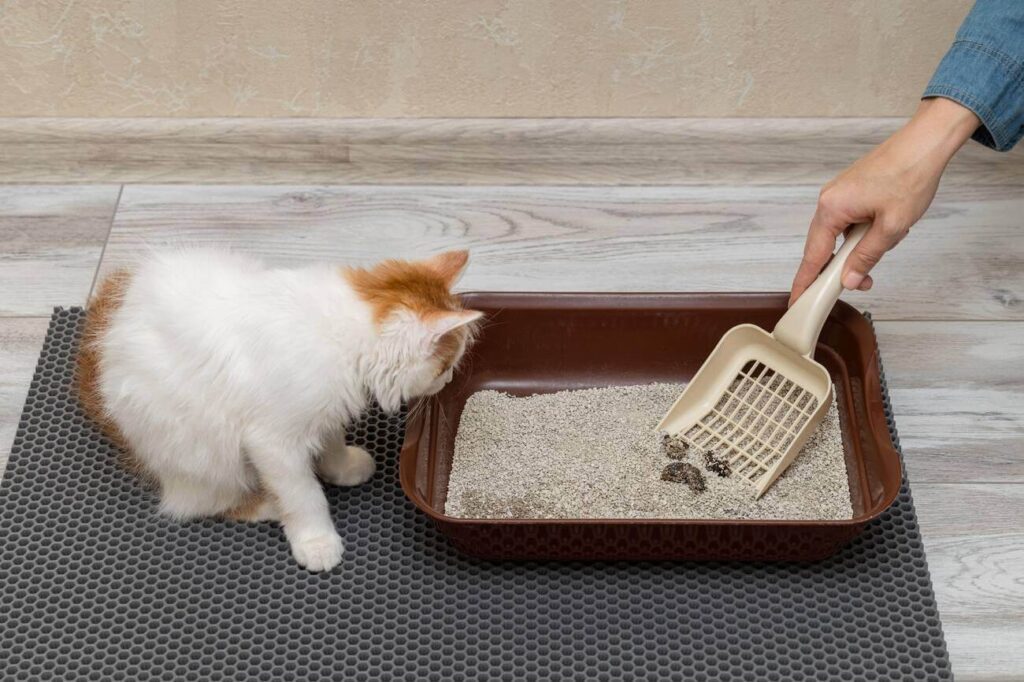
You might wonder if used cat litter can be beneficial for your garden. While cat litter contains nitrogen, which is great for plants, it also contains harmful bacteria and parasites. This makes it unsuitable for direct use in gardens, especially those growing food. Stick to regular compost or other organic materials to keep your garden healthy and thriving.
Does Cat Litter Decompose Like Compost?
Cat litter doesn’t decompose like regular compost. Composting involves creating a controlled environment to break down organic waste into nutrient-rich soil. While some biodegradable litters can be composted, they still contain cat waste, which introduces bacteria and parasites not suitable for typical composting processes. Always follow manufacturer guidelines for compostable litter.
Will Cat Litter Decompose Outside?
Yes, cat litter will decompose outside, but with caveats. Natural and biodegradable litters will break down much faster than clay or silica-based litters. Outdoor conditions like humidity and temperature also play a significant role. However, composting cat waste in your garden is not recommended due to health risks. Use dedicated composting facilities that handle animal waste safely.
FAQs
Is cat litter made entirely from natural materials?
Not all cat litters are natural. Many contain a mix of natural and synthetic materials for better odor control and absorption.
Can I flush biodegradable cat litter down the toilet?
Generally, it’s not recommended. Even biodegradable litter can cause plumbing issues and contribute to water pollution. Always check the manufacturer’s instructions.
Are there any health risks associated with cat litter decomposition?
While the decomposition process itself isn’t typically a health concern, certain additives in cat litter might release dust or fumes that could be irritating. Also, cat waste can contain harmful pathogens.
Do all biodegradable cat litters decompose at the same rate?
No, the rate of decomposition can vary based on the materials used and the disposal conditions.
Conclusion
So, does cat litter decompose? Yes, but the process and timeline depend significantly on the type of litter. Natural and biodegradable litters are the eco-friendly champions, breaking down much quicker and contributing to a healthier planet. Clay-based litters, however, pose long-term environmental challenges.
As responsible cat parents, we must consider the impact of our choices on the environment. Opt for eco-friendly options whenever possible. Keep those tails wagging and paws purring, my friends!



